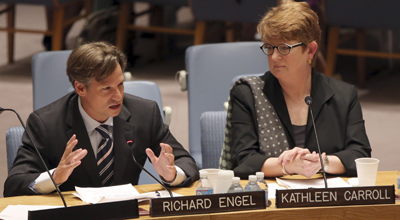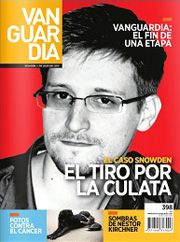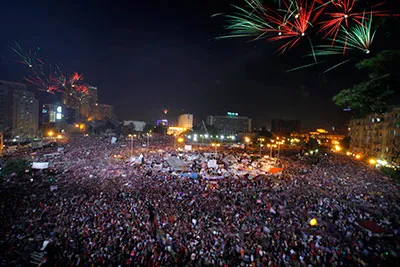Americas
2013
New Zealand, US may have spied on McClatchy reporter
Concern over government surveillance of journalists has washed up on the faraway shores of New Zealand, with a report in the country’s Sunday Star this week asserting that the military there, with help from U.S. intelligence, spied on an investigative journalist who had been critical of its activities in Afghanistan.

After Security Council, what next for journalist safety?
Speaking at a U.N. Security Council discussion about the protection of journalists, Associated Press Executive Editor and CPJ Vice Chair Kathleen Carroll remembered the 31 AP journalists who have died reporting the news and whose names grace the Wall of Honor that visitors pass as they enter the agency’s New York headquarters. Most were killed…
Protests in Catatumbo add to risk in Colombia
Reporting from Catatumbo, a region in northern Colombia dominated by guerrillas and drug traffickers, has always been challenging. But working conditions for journalists have seriously deteriorated amid nearly two months of anti-government protests pitting thousands of angry peasant farmers against soldiers and riot police.

Surveillance detection for journalists in the field
Much has been made recently about the digital surveillance of journalists–and rightly so–but physical surveillance remains a key tactic of security forces, law enforcement, and private entities. These operatives are monitoring journalists, gathering intelligence on them, and potentially obstructing journalists’ work or putting them at risk.

Ecuador loses investigative journal Vanguardia
Like the death of a loved one. That’s how Juan Carlos Calderón, editor of the newsmagazine Vanguardia, described the June 28 closing of the newsweekly that for eight years published hard-hitting investigations about public officials and faced frequent government harassment. Yet the final days of Vanguardia were almost as controversial as its stories.
Post-Snowden, time for journalists to get smart
Let’s be clear: Everything journalists do in the digital world is open to scrutiny by suspicious minds because that’s the way intelligence agencies work. If state eavesdroppers didn’t make use of this amazing opportunity they wouldn’t be very good at their job.

Attacks in Egypt highlight risk of covering protests
From São Paulo to Istanbul to Cairo, coverage of street demonstrations has re-emerged as an exceptionally dangerous assignment for journalists. Since June 1, CPJ has documented more than 120 attacks on the press amid the civil unrest in Brazil, Turkey, and Egypt–the biggest surge of attacks in such circumstances since the uprisings that swept the Arab world…
In NSA surveillance debate, tech firms urge transparency
Some of the Internet companies at the heart of the outcry over U.S. government surveillance today joined with human rights and press freedom groups, including CPJ, in calling for greater government disclosure of electronic communications monitoring.